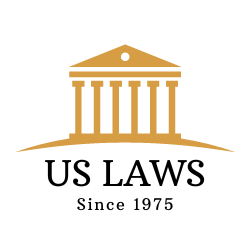All about the USA Freedom act
Everyone knows that our activity online can be tracked, and all the digital traces we leave on the Internet are collected by different types of organizations. Not only the world wide web activity, though, if we think of telephone calls and text messages, this metadata can also be gathered by providers.
To regulate this, The USA Patriot Act was issued back in 2001, but after Edward Snowden’s actions, it was updated and a new document, called the USA Freedom Act, was enforced in 2015.
Below we are going to explain the difference between the two and will give you an overview of the USA Freedom Act.
The USA Patriot Act
After the tragedy that took place on September 11, the act was originally introduced in order to prevent terrorism and strengthen national security.
The main points of the document included the following:
- Domestic and international phones were subject to tapping, which means the authority had extended access to surveillance
- Federal agencies could easily exchange the data they collected in order to combat terrorism
- Those who committed crimes related to terrorism received higher penalties
Later, the act was modified by Barack Obama, and a few more provisions were added to the original document, including a close watch of those suspected of terrorist activities but not acting as part of a group and searches of business records.
The USA Freedom Act
In 2013, Edward Snowden, an ex-computer intelligence consultant, managed to steal and disclose a large bulk of highly sensitive information held by the National Security Agency. As a result, the USA Freedom Act was introduced instead of the Patriot Act, and its main role was to put extensive surveillance of American citizens to an end.
If we look at the new act in a bit more detail and compare it to the previous document, we can see the following changes:
- The government is no longer in such a wide authority to collect call detail records or CDRs
- The telephone metadata can still be collected and stored by telephone providers, by governmental structures can have only access to limited numbers that need to be approved by the FISA Court
It is still doubtful whether this Act really helps detect and prevent terroristic actions because those who are involved in terrorist groups can use encrypted chats in messengers. We still do not know whether the government has access to this type of information. Perhaps, this CDR program needs to be reviewed and updated in the nearest future, so that it can serve its purpose more efficiently.
